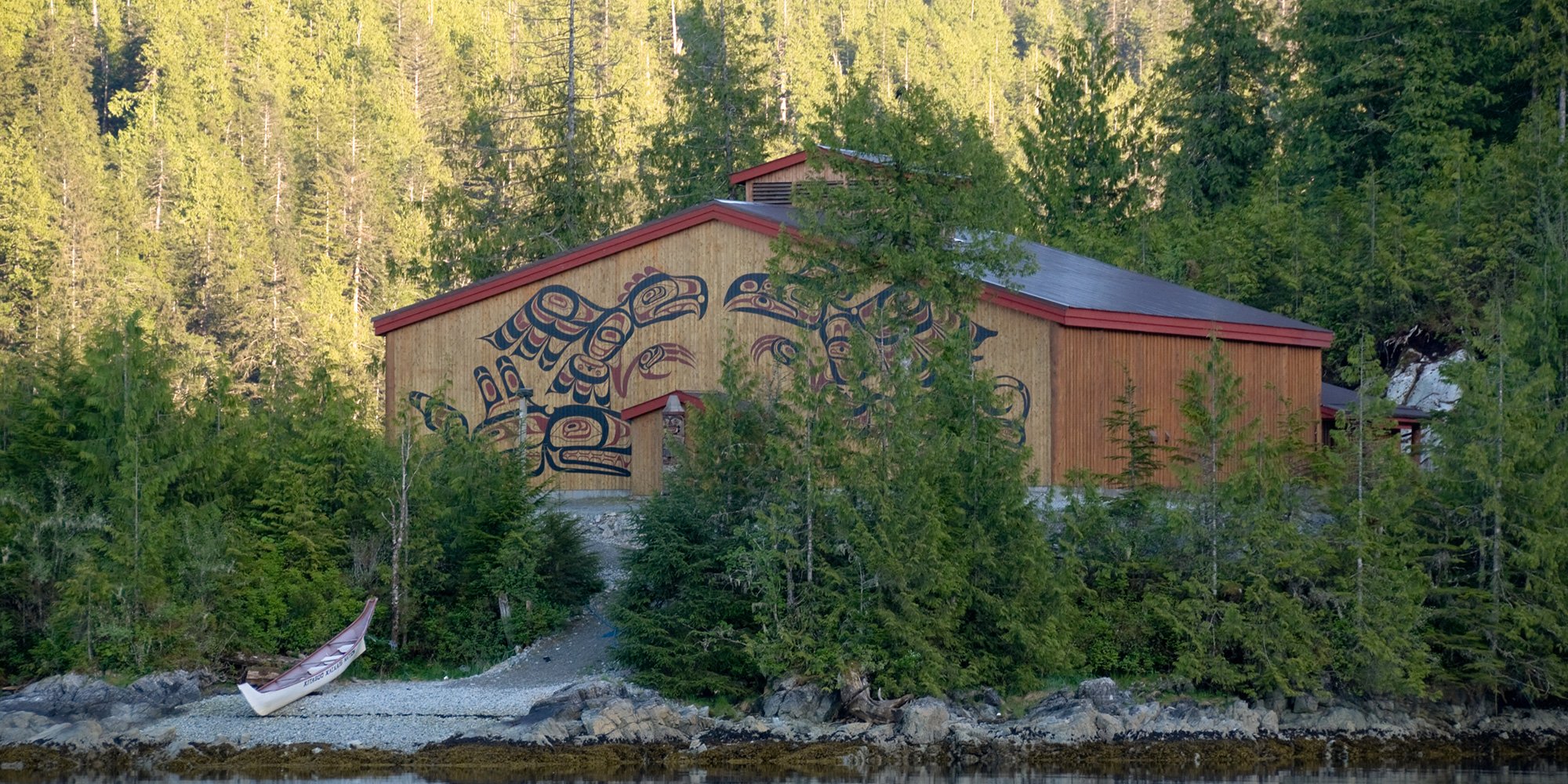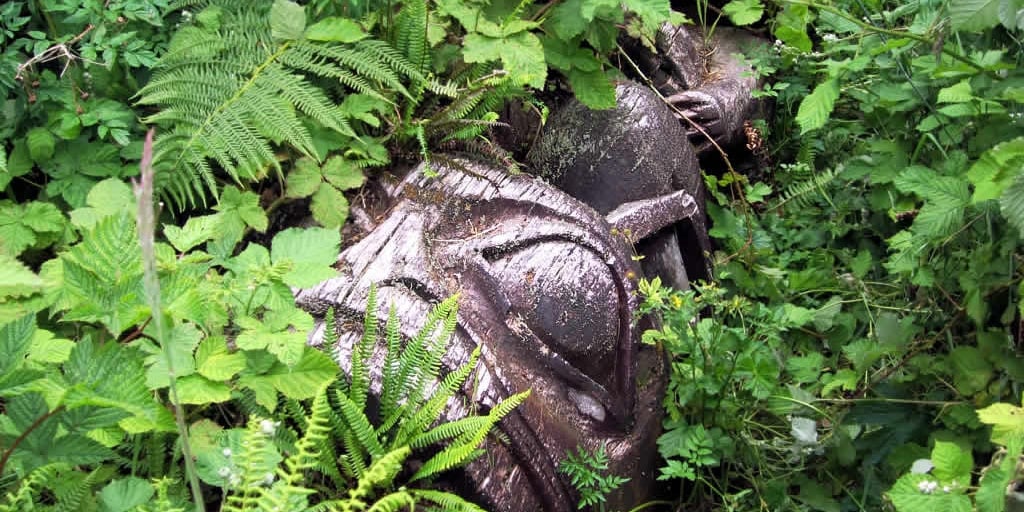2 min read
Value of Engaging With Indigenous Communities via Social Media
Early, respectful, transparent and consistent communication with Indigenous communities is the foundation of any good engagement strategy. In order...

2 min read
Early, respectful, transparent and consistent communication with Indigenous communities is the foundation of any good engagement strategy. In order...

2 min read
Do First Nation members hold Aboriginal and treaty rights individually or collectively? Or, put more simply do the interests of individuals trump...
3 min read
Consultation with First Nations is a key issue for First Nations, governments (federal, provincial, and local), and the corporate sector (project...

2 min read
When planning your consultation and negotiation meetings with the Nation on whose traditional or treaty lands you hope to work, it’s important to get...

3 min read
Lyle Viereck recently launched a private consulting firm, Lyle Viereck Consulting Services Inc. As the former Director of Aboriginal Relations and...

1 min read
Lyle Viereck was born and raised in Prince Rupert in northern BC. His family heritage includes Creek Indians from Oklahoma, American black slaves,...

4 min read
Consultation with First Nations is a necessary part of doing business on First Nation treaty or traditional land. Most levels of government and...

2 min read
The term “Corporate Social Responsibility” has been around for some time now. Essentially, it’s about pursuing a broader and more inclusive approach...

4 min read
Strategies for consulting with First Nations are as varied as the histories, cultures, traditions and world views of the over 600 First Nation...

2 min read
Things have definitely changed when it comes to First Nation Community Engagement. The Tsilhqot’in decision has moved the bar much higher in terms of...